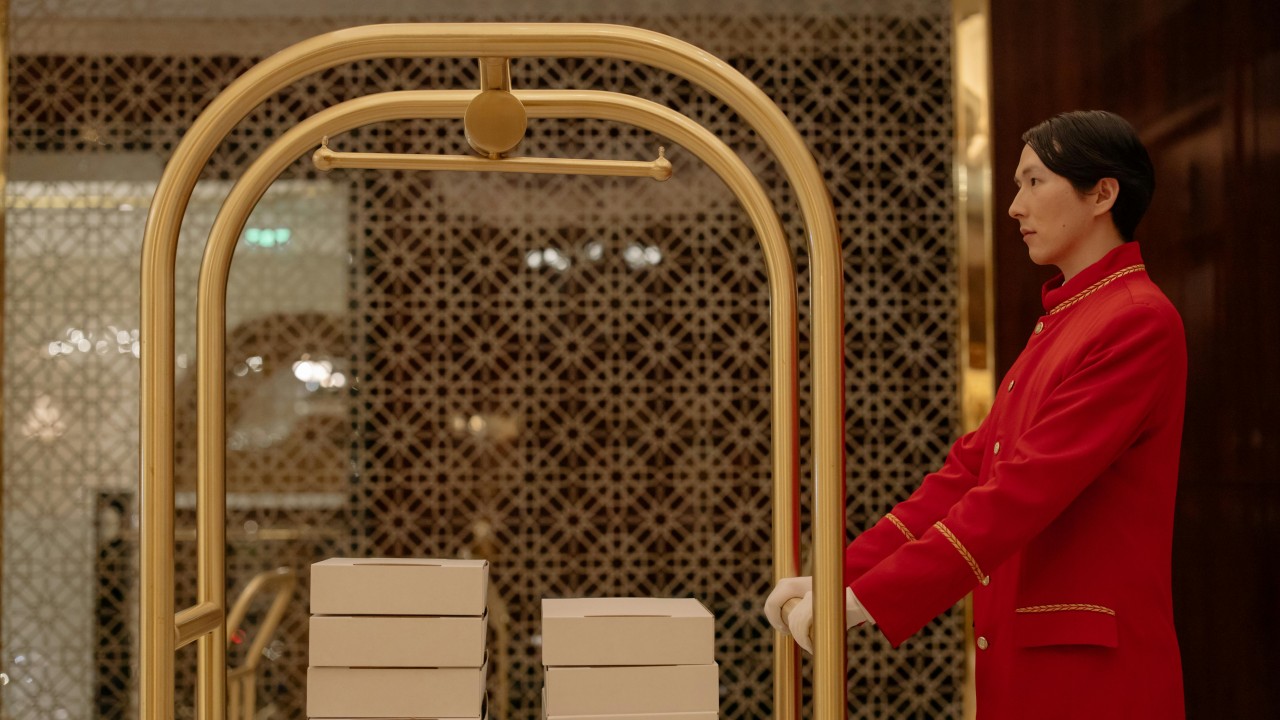The debate between staying in a hotel or booking an Airbnb has defined travel preferences for over a decade. Once celebrated for its disruptive approach, Airbnb now faces growing scrutiny over hidden costs, inconsistent quality, and its impact on local communities. Meanwhile, hotels have refined their offerings to meet modern demands, combining reliability with personalized service. Here’s why hotels may be the smarter choice for today’s travelers.
The Rising Costs of Airbnb
Initially marketed as a budget-friendly alternative, Airbnb’s appeal has waned as cleaning fees and hidden charges inflate prices beyond hotel rates. A Washington Post analysis found that guests often pay significantly more than advertised due to last-minute fees, eroding the platform’s cost advantage.
Regulatory and Ethical Challenges
Cities worldwide are cracking down on short-term rentals. Florence banned new Airbnbs in its historic center to preserve local housing, while New York enforced laws requiring hosts to register with the city—a move Airbnb unsuccessfully contested in court (Reuters). Such restrictions highlight the tension between Airbnb’s growth and community sustainability, a factor hotels avoid by operating within established zoning laws.
Quality and Consistency Concerns
Unlike standardized hotels, Airbnb stays vary wildly in quality. Research notes that user regret often stems from mismatched expectations, leading to dissatisfaction. The Guardian reported cases where poorly managed rentals disrupted neighborhoods, further deterring travelers seeking predictability.
Hotels Adapt to Modern Needs
Hotels have responded to Airbnb’s rise by enhancing amenities—think co-working spaces, curated local experiences, and transparent pricing. Brands now offer boutique options that rival Airbnb’s “unique stay” appeal without sacrificing service. As Surface Magazine notes, travelers are returning to hotels for their professionalism and accountability.
The Bottom Line
While Airbnb pioneered a new travel ethos, its challenges—from ethical dilemmas to declining affordability—make hotels a more reliable choice. For travelers prioritizing consistency, convenience, and community impact, the traditional hotel experience reigns supreme.
Image credit: Pexels

Mark
August 15, 2025 at 8:02 pmTired of Airbnb roulette - show up to dirty places with broken appliances. Photos lie and hosts ghost you when there's problems.